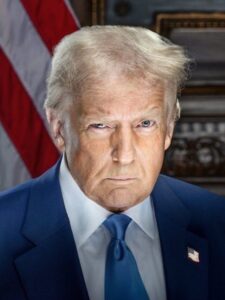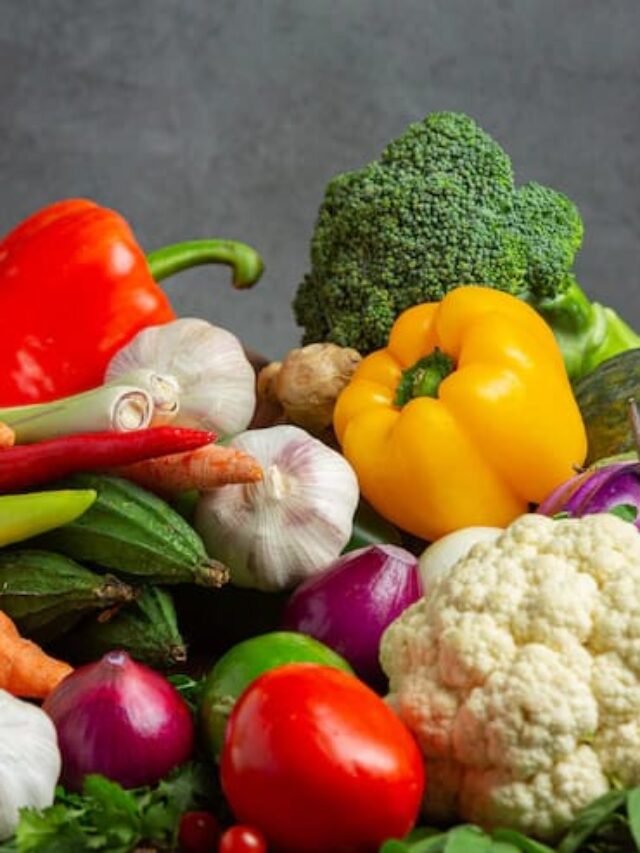Trump Targets Brazil With 50% Tariffs Over Trial of Former Leader”
WASHINGTON (AP) – President Donald Trump targeted Brazil on Wednesday for 50% import taxes due to the country’s treatment of former President Jair Bolsonaro, demonstrating that the U.S. leader’s use of tariffs is motivated more by personal grievances than by sound economic reasoning.
By linking his tariffs to Bolsonaro’s trial—he is accused of attempting to reverse his 2022 election defeat—Trump eschewed his customary form letter to Brazil. When both were in office in 2020, Trump invited the former Brazilian president to his Mar-a-Lago club and has called Bolsonaro a friend.

In the letter published on Truth Social, Trump stated, “This Trial should not be taking place.” “This witch hunt needs to stop right away!”
Given that Trump was charged in 2023 with attempting to rescind the outcomes of the 2020 U.S. presidential election, there is a feeling of kindred. The Brazilian president Luiz Inacio Lula da Silva, who defeated Bolsonaro in 2022, received the tariff letter from the U.S. president.The country’s economic reciprocity statute, which permits trade, investment, and intellectual property agreements to be suspended against nations that hurt Brazil’s competitiveness, would be activated by Trump’s tariffs, Lula retorted in a strong statement.
He pointed out that over the previous 15 years, the U.S. and Brazil have had a trade surplus of almost $410 billion.
Lula asserted that Brazil is a sovereign nation with autonomous institutions that will not tolerate being taken advantage of.
In June, Bolsonaro gave testimony before the nation’s Supreme Court regarding the purported conspiracy to hold onto power following his defeat in the 2022 election. In the upcoming months, judges will hear arguments from 26 additional defendants, and according to legal experts, a decision may be made as early as September. Election officials in the nation have already prohibited Bolsonaro from seeking office until 2030.
The former president claimed that Trump is the target of political persecution on social media, but he made no comments regarding the tariff decision.
The “proceedings against those who planned the coup d’etat are a competence of the Brazilian judiciary and are not subject to interference or threats that harm the independence of national institutions,” Lula said in his statement, defending the nation’s judicial system.
For Trump, the tariffs are personal
Although it wasn’t particularly mentioned in Trump’s letter, X was one of the businesses that the Supreme Court penalized. The owner of X is Elon Musk, a multibillionaire who supported Trump in the 2024 election and whose tenure as head of Trump’s Department of Government Efficiency ended recently, sparking a public dispute over the US president’s budget proposal that would increase the debt. Trump is also the owner of Truth Social, a social media platform.
According to Lula’s statement, “Freedom of speech in Brazil is not confused with aggression or violent behavior.” “Every business, domestic or foreign, must abide by Brazilian law to operate in our nation.”
Congressman Eduardo Bolsonaro and Sen. Flávio Bolsonaro, two of Bolsonaro’s sons, were held accountable by Lula-aligned Brazilian MPs for Trump’s tariff decision. On social media, Senator Lindbergh Farias, the Senate whip for Lula’s Workers’ Party, stated that the Bolsonaros “must be very happy to harm Brazil, our economy, and our jobs.”
The letter from Brazil served as a reminder that the importance of politics and relationships with Trump is equal to those of economic principles. Trump has stated that trade imbalances are the basis for the high tariff rates he is imposing, but his actions on Wednesday left it unclear how the targeted nations will contribute to America’s reindustrialization.
The 10% rate that Trump imposed on Brazil as part of his April 2 “Liberation Day” proclamation would be further increased by the tariffs that would go into effect on August 1. Brazil exports a variety of goods to the United States, including steel, coffee, orange juice, and oil. According to the Census Bureau, the United States had a $6.8 billion trade surplus with Brazil last year.
Declaring an economic emergency by a 1977 legislation, Trump first justified his wide tariffs by claiming that the United States was in danger due to ongoing trade imbalances. However, in this instance, that justification is problematic because Trump is tying his tariffs to the Bolsonaro trial, and the United States exports more goods to Brazil than it imports.
Trump also targeted smaller trade partners
On Wednesday, Trump also wrote to the heads of seven additional countries. The United States has no significant industrial rivals, including the Philippines, Brunei, Moldova, Algeria, Libya, Iraq, and Sri Lanka.
Trump has used the tariffs to demonstrate the U.S.’s financial and diplomatic might against both allies and adversaries, despite the majority of economic evaluations predicting that they will aggravate inflationary pressures and slow economic development. According to his administration, the import levies will reduce trade imbalances, partially offset the cost of the tax cuts he signed into law on Friday, and result in the return of factory employment to the United States.
Trump declared, “We’re not going to trade; you guys are going to fight.” “And it appears that we are pretty successful at it.”
Despite the Brazil letter’s indications to the contrary, Trump claimed in his letters that the tariff rates were based on “common sense” and trade imbalances. Trump claimed that because “these are friends of mine now,” he had not considered punishing the leaders of the nations he was meeting with in the Oval Office: Guinea-Bissau, Senegal, Gabon, Mauritania, and Liberia.
Although those tariffs have been quite close to the ones imposed on April 2 that shook financial markets, he said countries are not complaining about the rates indicated in his letters. On Wednesday, the S&P 500 stock index increased.
“We really haven’t had too many complaints because I’m keeping them at a very low number, very conservative as you would say,” Trump said.
Tariff uncertainty returns with Trump’s letters
Trump has been angry about trade, and European Union officials said Tuesday that they have not received a letter from Trump outlining tariff rates. The EU is a significant trading partner. The Republican president imposed 25% import taxes on South Korea and Japan, two significant trading partners of the United States, to begin the process of announcing tariff rates on Monday.
Trump’s letters stated that imports from the Philippines would be subject to a 20% tax, those from Moldova and Brunei to a 25% tax, and those from Libya, Iraq, Algeria, and Sri Lanka to a 30% tax. Tariffs would go into effect on August 1.
The response from the Philippine government has been very mild. Jose Manuel Romualdez, its ambassador in Washington, stated that the nation will look to engage in fresh talks with the United States in order to reduce the 20% tax.
The U.S. had a $1.4 billion trade imbalance on products with Algeria, $5.9 billion with Iraq, $900 million with Libya, $4.9 billion with the Philippines, $2.6 billion with Sri Lanka, $111 million with Brunei, and $85 million with Moldova last year, according to the Census Bureau. The disparity between what the United States imported and what it exported to foreign nations is represented by the imbalance.
When combined, the trade imbalances with those seven nations amount to little more than a rounding error in the $30 trillion gross domestic product of the United States economy.
Following the conclusion of a 90-day negotiation session with a baseline levy of 10%, the letters were published on Truth Social. With his Aug., Trump is extending the time for nations to engage in negotiations.
1 deadline, but he has stated that the nations who get letters would not be granted any extensions.
The president promised to impose more tariffs on any nation that tries to strike back.
___
Rio de Janeiro was the reporting location for Savarese. This article was written by Associated Press writers David McHugh in Frankfurt, Germany; Jim Gomez in Manila; and Eileen Ng in Kuala Lumpur, Malaysia.









